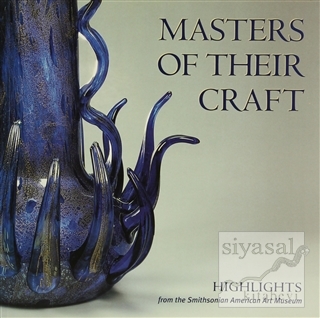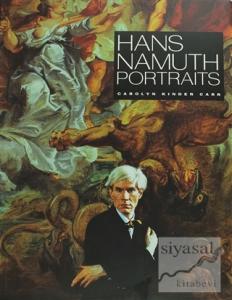
Edward Hopper has been celebrated for over half a century as one of America's most eloquent realist artists. His best known oils, such as "Nighthawks", "Early Sunday Morning", and "House by a Railroad", are powerful psychological statements that convey a sense of angst and alienation. Yet the freer, more spontaneous spirit that emerges in Hopper's watercolours is less well-known. In 1923 he spent a summer in Gloucester, Massachusetts, and began painting houses, landscapes and fishing boats. In them he captures remnants of 19th century America that for him symbolised the fundamental character of the country's people and places, and prompted him to re-examine his views about the relationship between the past and the modern. Over the next two decades, Hopper painted hundreds of watercolours in Gloucester, New Mexico, Cape Cod and along the coast of Maine. The book reproduces and examines over 100 of Hopper's greatest water colours in the context of his life and travels.
Edward Hopper has been celebrated for over half a century as one of America's most eloquent realist artists. His best known oils, such as "Nighthawks", "Early Sunday Morning", and "House by a Railroad", are powerful psychological statements that convey a sense of angst and alienation. Yet the freer, more spontaneous spirit that emerges in Hopper's watercolours is less well-known. In 1923 he spent a summer in Gloucester, Massachusetts, and began painting houses, landscapes and fishing boats. In them he captures remnants of 19th century America that for him symbolised the fundamental character of the country's people and places, and prompted him to re-examine his views about the relationship between the past and the modern. Over the next two decades, Hopper painted hundreds of watercolours in Gloucester, New Mexico, Cape Cod and along the coast of Maine. The book reproduces and examines over 100 of Hopper's greatest water colours in the context of his life and travels.











